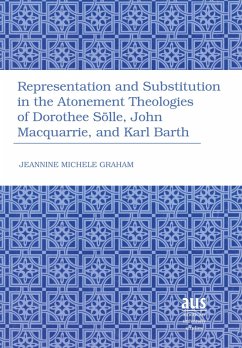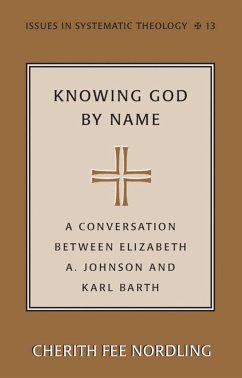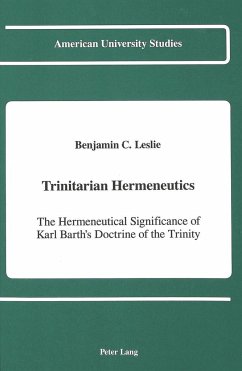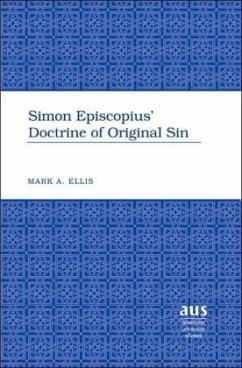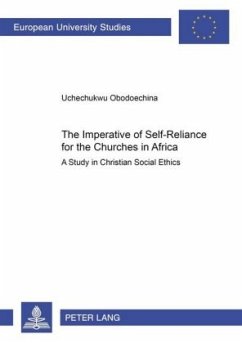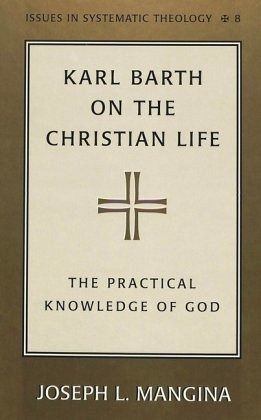
Karl Barth on the Christian Life
The Practical Knowledge of God
Versandkostenfrei!
Versandfertig in 6-10 Tagen
62,95 €
inkl. MwSt.

PAYBACK Punkte
0 °P sammeln!
This book examines a little-known facet of Karl Barth's theology: his account of the practical or self-involving character of faith. Joseph L. Mangina helps to dispel the myth of Barth as an enemy of the human subject by guiding the reader through key texts from the Church Dogmatics . Examining such themes as religious experience, sin, emotion, and moral agency, Mangina shows that Barth is not merely a skilled dogmatic theologian, but a thoughtful and sensitive interpreter of the Christian life.






